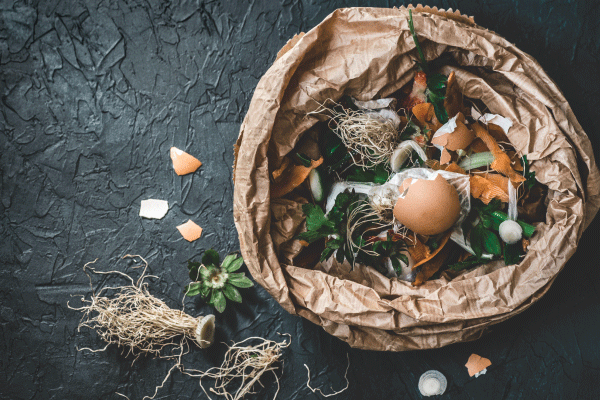Government Relations
National Academies Releases Report on How Behavioral Science Can Reduce National Food Waste
Psychological Science key in offering solutions and actionable next steps

The National Academies of Science, Engineering, and Medicine released a consensus study report in August detailing strategies for reducing food waste at the consumer level. The report was written by a committee of experts who reviewed pertinent research to deliver a holistic, systems-oriented strategy to combat food waste.
More on the National Accademies
The National Academies releases consensus study reports to disseminate findings and recommendations generated from a comprehensive review of information by a committee of experts. All consensus study reports undergo an intense independent peer review process. The committee for this study consisted of a range of experts in the behavioral and social sciences, including APS Fellows Richard Nisbett, known for his work on social cognition and culture, and Robert Cialdini, who provided insight into the psychological science of persuasion, compliance, and negotiation.
Between 30% and 40% of edible food is estimated to be wasted annually in the United States, according to the USDA. While the economic effects of food waste are clear, there are also significant, less apparent environmental impacts. Not only does the cultivation of food that is eventually thrown away unnecessarily waste water and other resources involved in its production, but when wasted food is added to a landfill, it releases methane gas that further accelerates global warming. Additionally, the COVID-19 pandemic is expected to worsen food waste due to supply-chain disruptions and closures in a time of widespread food insecurity.
The report is based upon the Motivation-Opportunity-Ability framework of consumer behavior, which indicates that “consumers are most likely to act in a particular way when they not only are motivated to do so but also have the ability and opportunity to act on that motivation.” The committee investigated not only how to motivate consumers to adopt desirable behaviors, but also how to provide consumers with the opportunity to perform those behaviors.
The report identifies three pathways for reducing consumer food waste within this framework:
- Change the U.S. food environment to discourage waste by consumers. This can be accomplished by changing food marketing, certification, labeling, and regulation processes.
- Strengthen consumers’ motivation, opportunity, and ability to reduce food waste. This pathway mainly emphasizes re-educating the public on why food waste is undesirable and how individuals can combat it.
- Leverage and apply research findings and technology to support consumers in food waste reduction. This could involve providing less-wasteful food packaging and developing apps that would assist consumers in monitoring their own food waste.
While the report offers many promising insights into how consumer food waste can be reduced, there is still more to be done. Eliminating food waste through the identified pathways will require massive cooperation and coordination between government, industry, organizations, food providers, the media, and even social media influencers. Additionally, the complex behaviors that drive food waste are not yet completely understood.
Reducing consumer food waste will require collaboration from experts across all fields of science and technology. Recognizing that consumer behavior is at the root of the problem, psychological scientists should expect to have a seat at the table in developing future solutions.
References
Food Waste FAQs. (n.d.). Retrieved September 01, 2020, from https://www.usda.gov/foodwaste/faqs
National Academies of Sciences, Engineering, and Medicine. 2020. A National Strategy to Reduce Food Waste at the Consumer Level. Washington, DC: The National Academies Press. https://doi.org/10.17226/25876
National Academies of Sciences, Engineering, and Medicine. 2020. A National Strategy to Reduce Food Waste at the Consumer Level, Highlights. Washington, DC: The National Academies Press. Retrieved from: https://www.nap.edu/resource/25876/Food%20Waste.pdf





APS regularly opens certain online articles for discussion on our website. Effective February 2021, you must be a logged-in APS member to post comments. By posting a comment, you agree to our Community Guidelines and the display of your profile information, including your name and affiliation. Any opinions, findings, conclusions, or recommendations present in article comments are those of the writers and do not necessarily reflect the views of APS or the article’s author. For more information, please see our Community Guidelines.
Please login with your APS account to comment.